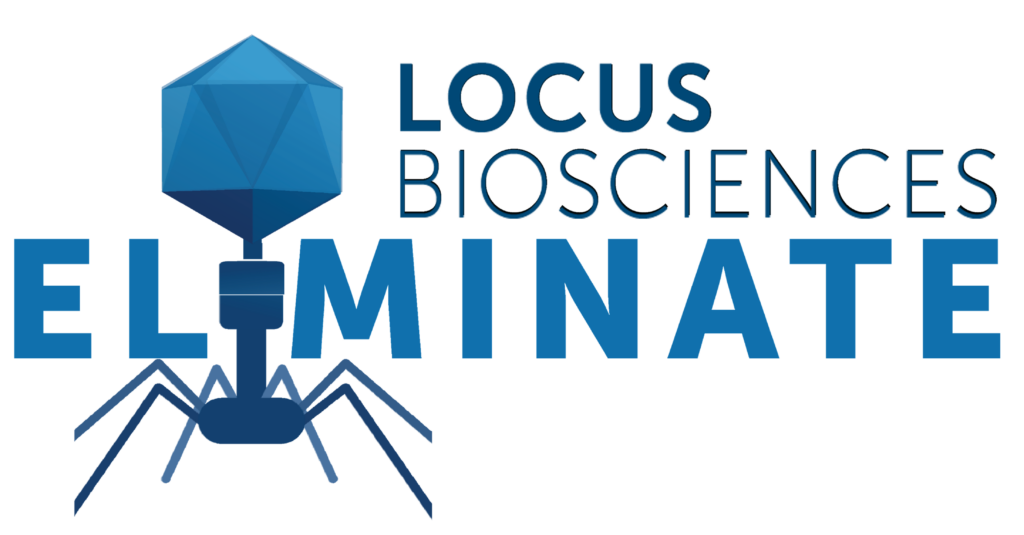
Programs
Precision therapies in development
Pipeline
We are developing products targeting four bacterial species that cause millions of antibiotic-resistant infections and hundreds of thousands of deaths worldwide each year. We are developing innovative products to address unmet medical needs in Inflammatory Bowel Disease (IBD) and other microbiome-related diseases.
Infectious Diseases
E. coli infections

P. aeruginosa infections
S. aureus infections
K. pneumoniae infections

Immunology
Inflammatory Bowel Disease
LBP-EC01
LBP-EC01 is a precision medicine designed to target E. coli infections. It is an engineered bacteriophage product to precisely remove E. coli bacteria in patients with urinary tract infections (UTIs).
More about bacteriophages
More about phage therapy
Worldwide, an estimated 150 million people are affected by UTls each year. Approximately 80 percent of these are caused by E. coli, often including difficult-to-treat strains that are resistant to commonly used antibiotics. Nearly 40 percent of patients with UTIs experience a recurrence within months of the first episode. Both the U.S. Centers for Disease Control and Prevention (CDC) and World Health Organization (WHO) have identified antibiotic-resistant E. coli as an urgent and serious public health threat requiring development of new treatments.
Locus has partnered with Biomedical Advanced Research and Development Authority (BARDA), part of the Office of the Assistant Secretary for Preparedness and Response at the U.S. Department of Health and Human Services (HHS) to develop LBP-EC01. Up to $85 million provided by BARDA will help advance clinical development of LBP-EC01 through late stage clinical development and the marketing authorization process defined by the U.S. Food and Drug Administration (FDA).

Locus is currently enrolling patients in the ELIMINATE trial, a landmark registration-enabling Phase 2/3 trial testing LBP-EC01 in acute uncomplicated UTIs caused by MDR E. coli.
LBP-PA01
LBP-PA01 is a precision medicine designed to target P. aeruginosa infections. It is an engineered bacteriophage product to precisely remove P. aeruginosa bacteria in patients with pneumonia.
Hospital-acquired pneumonia (HAP) and ventilator-associated pneumonia (VAP) affect a combined 400,000 people per year in the US, with HAP affecting approximately 3-4 times more individuals than VAP. Bacterial HAP/VAP often develops from gram negative organisms including P. aeruginosa, with drug-resistant forms being of particular concern as they often lead to worse clinical outcomes for impacted patients.
LBP-SA01
LBP-SA01 is a precision medicine designed to target S. aureus infections. It is an engineered bacteriophage product to precisely remove S. aureus bacteria in patients with bloodstream infections (BSIs).
BSIs affect approximately 250,000 people per year in the US. S. aureus is a leading cause of BSIs, responsible for approximately 20-30% of all cases. Among these, MRSA is a particularly problematic pathogen due to its resistance to multiple antibiotics.
LBP-KP01
LBP-KP01 is a precision medicine designed to target K. pneumoniae infections. It is an engineered bacteriophage product to precisely remove K. pneumoniae bacteria in patients with complicated UTls.
There are 3-4 million complicated UTIs diagnosed in the US annually, which account for more than $6 billion in healthcare costs.
Locus has partnered with CARB-X to advance the development of LBP-KP01. CARB-X accelerates global antibacterial innovation by supporting the development of new antibiotics and other life-saving products to combat the most dangerous drug-resistant bacteria.
LBP-AIEC01
Adherent-invasive E. coli (AIEC) bacteria colonize the intestines of patients with Crohn’s disease, driving a cycle of epithelial cell damage and inflammation that exacerbates the disease. LBP-AIEC01 is a precision medicine designed to eliminate AlEC bacteria and disrupt this cycle.
According to the Centers for Disease Control and Prevention, there are an estimated 3.1 million adults in the US that have been diagnosed with inflammatory bowel disease (IBD). The majority of IBD cases are either Crohn’s disease (1.3 million) or ulcerative colitis (1.6 million).